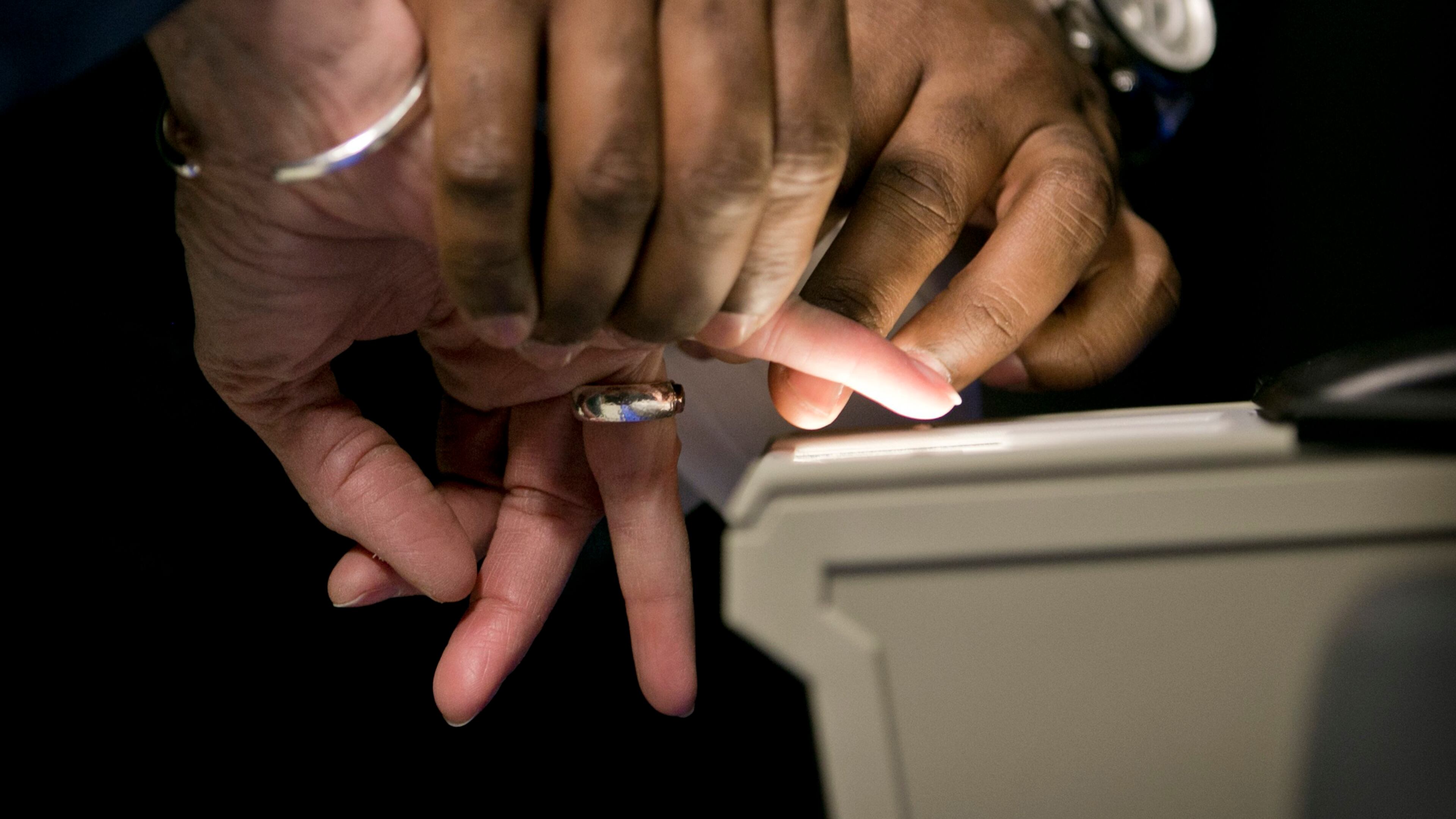Uber claims city analysis flawed

Over the weekend, the American-Statesman ran a story about the tech community's reaction to recent Austin City Council decisions to enact stricter regulations of short-term rentals and ride-hailing companies.
Spoiler alert: The tech industry isn't happy about them.
But part of the story touched on how Austin's regulations compared to other cities, because some investors and entrepreneurs feel that Austin is being especially tough on its regulations.
The city of Austin put together a chart showing how other cities have regulated TNCs, an acronym that stands for "transportation network companies," which are companies like Uber and Lyft. According to that chart, at least five other major U.S. cities control the background check process for TNCs.
To be clear: The city of Austin's analysis is NOT saying that when cities regulate this process they are doing fingerprint-based checks. The chart is making the distinction between who controls the process: city or company.
Mullin said in San Antonio the only background check required are "the criminal checks that TNCs conduct." "We shuttered operations there on April 1 due to mandatory fingerprinting being passed by the City Council," Mullin wrote. "When those regulations were overturned, we re-launched in the city last October."
But a San Antonio Express-News story explains that drivers can actually choose between a city-run background check and one done by the company. So it seems like both the city and Mullin are representing the San Antonio background check process as either run by the city or the companies when in fact it's both.
In Dallas, Mullin says, Uber is responsible for background checks and that additional city checks are "not required." She notes that city regulations do require them to check and approve each TNC's background check provider to determine if they are properly credentialed and accredited. Uber says its third-party vendor has been approved.
Mullin also said that other cities comparable in size to Austin were not included in this analysis, such as Indianapolis, Milwaukee and Oklahoma City. "I find it hard to believe that Baton Rouge or Houston would or should be used as a template unless there was another motive for the 'analysis.' "
In response to some of Mullin's points, city spokeswoman Marissa Monroy said the information contained in the chart was all compiled and distributed more than a year ago.


